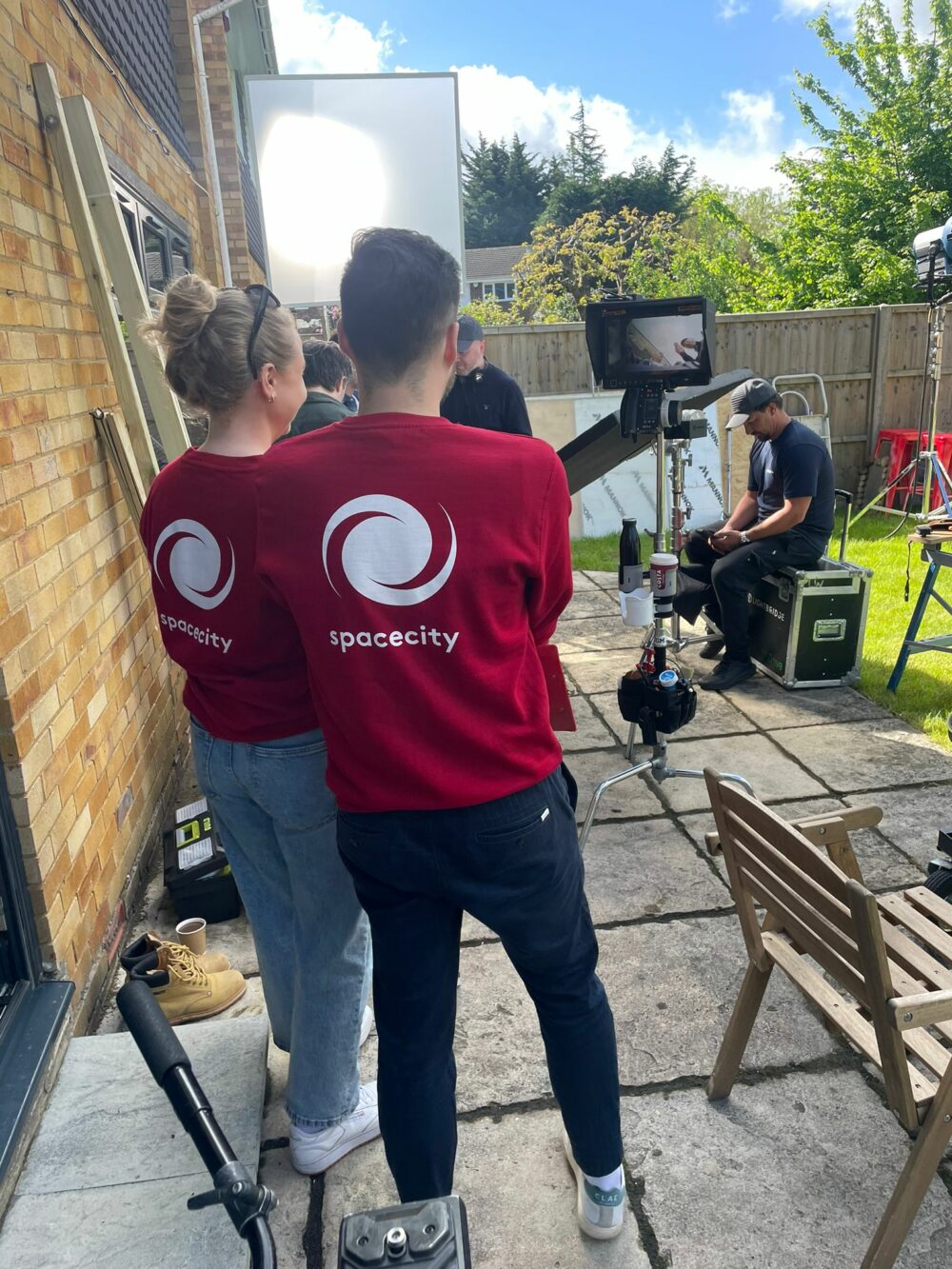Advertising content is becoming increasingly cost effective, ensuring not too much IP is shared though is key to your advertising success
SHARED Advertising content and delivery style is something that is fast becoming ubiquitous: caution should be exercised though for success.
Myriad free, licensed content generation websites have been proliferating search engines, Facebook ads and other forms of video media – the perfect bespoke marketing strategy that suits companies like these.
A perfect showcase, laden with communication, humour, empathy; ensuring that the affirmation vital to brand awareness is struck – this does not work or every business though.
Promo for instance is one such company that provides a subscription service for businesses like yours, to cheaply and conveniently just augment any of their licensed videos to text of your choice.
Although this clearly reduces advertising costs and ensures that online and even through VOD you can advertise without barriers, it is grossly counter-productive to what your business needs in order to boost memorability and reach.
The platform of TV and even online programming ensures that you have the ability to control the emotive resonance that is created through your content shared, through services like Promo though you are inherently compromised.
While their will never be any legal implications from a content prospective, the issues emanate from the fact that anyone essentially could use the same video as your business.
88% of the persuasive elements of your advertising are instigated through your tone and actions, thus not the company specific text in itself.

As you seek to convey the symbolism of your ads through direct response, the ability for your business to elicit results is more prevalent than that of brand, but with the context interpolated through the changeable text, your shared ad content could often be misconstrued without your own specially licensed visuals, notwithstanding audio and text.
Your overall ad creative must reflect that of your brand, as intimated within previous articles, the key for your business as you look to establish yourselves as market leaders is to assert brand initially, before looking to accrue information through mobile and social regarding your call-to-action necessities and CRM amelioration.
Shared material through TV is the strongest means of garnering interest and resonance from manifold consumers.
Another inhibitive factor of using generic shared material is the fact that these videos will not be cleared for TV, ensuring if you ever did want to appear on it, you may have to still pay for costly revisions or complete remakes of ads.
Moreover as you may seek to explore more lucrative partnerships through TV, online or social media driven advertising, the possibility of contextually reflective partnerships will be hindered by such generic ad content.
Having the presence of influencer brands or charities within your commercials will boost sales elicitation and memorability, through generic material implementing this viscerally will be fraught with ethical dilemmas.
Given the material is already produced, should you look to such partnerships or look to enchant other audience segments through more symbolic cues, your ability to edit your adverts visually will be rendered void.
As a result from a placement, autonomous, ethical and commercial basis your business will be more lucratively placed to avoid such services.
Although potentially useful for social as you look to augment your campaigns to reflect the latest transient trends, as a means of underscoring your entire advertising output, it will not provide a consistent, index assisting means of offering shared ad content.

Ethically too advertising has shifted to something beyond that of simply sub-contious resonation, from both an engagement prospective and instant response one.
In order to provide the creative originality, credence and garner the trust necessary to supersede other businesses in both the sub-conscious and conscious mind, turning to progression and promoting the causes of the ostracised or uncelebrated ensures exposure from wider bodies reinforces exposure and reach.
Thus the employment of the golden rule school of ethical thinking is becoming a tenet of video advertising, particular with that of TV.
With online the lack of real knowledge or understanding of exact placement ensures that branded material is never as impactful as it would be on TV.
Therefore when related to the current debate of whether sacrificing brand originality is acceptable, at the compensation of lowered costs, your advertising scope is immediately narrowed.
The ability for your business whether burgeoning or market leading, to attract a new pool of consumers is compromised in this instance, with a funnel that begins with TV vital to your overall success.
Space City has been producing TV, online and radio commercials for 25 years, placing emphasis on originality and emotion to elicit consistent response.
Contact the team now and ensure you get your next ad online and on TV with a commercial from the UK’s number one producers of cost-effective TV commercials.


